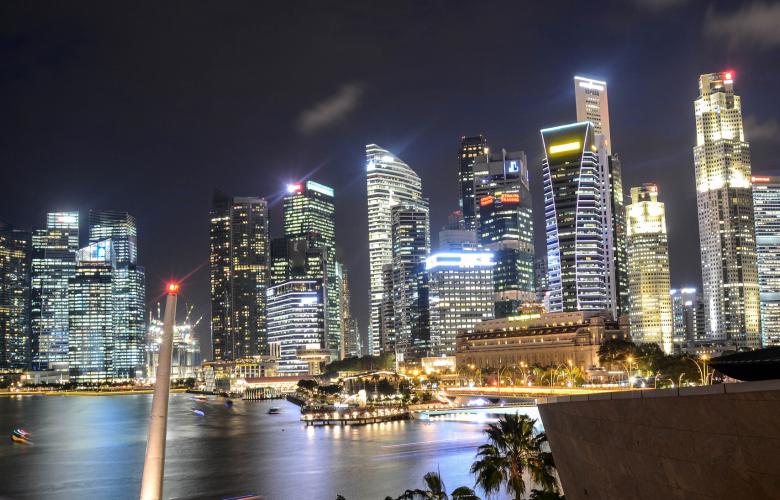Property taxes in Singapore
Contact
This article is intended as a preliminary guide only and refers to some but not all elements required to consider in detail prior to starting any property dealings or due diligence. Property dealings are often complex, especially in foreign countries and we highly recommend you seek independent professional advice... read more...
As with all investments, tax should be considered by those looking to invest in Singapore real estate. Foreigners buying property in Singapore must pay a number of taxes, according to the Jones Lang LaSalle Singapore Property Investment Guide 2015. It is also worth noting that there is a treaty for the avoidance of double taxation between Singapore and Australia.
Property tax
Property tax is levied on all immovable property in the Lion City. This includes houses, offices, factories, shops, land and Housing and Development Board (HDB) flats. The amount of tax payable by the owner is based on a percentage of the annual value of the property.
Singapore’s Chief Assessor generally determines the annual value of a property based on the estimated annual rent, excluding the rent for things such as furniture, fittings and any service charges.
According to the Jones Lang LaSalle Singapore Property Investment Guide 2015, owner-occupied residences are eligible for a discounted rate from 0 percent to a maximum of 16 percent. With the exception of these owner-occupied residences, the property tax rate for all properties is between 10 percent and 20 percent of the annual value.
Stamp duty and legal costs
As a general rule, stamp duty is payable on transactions of all types of property, even where construction is unfinished. Stamp duty must be paid within 14 days and is payable at fixed rates on the selling/purchase price or market value of the property, whichever is higher.
Buyer’s stamp duty (BSD)
Buyer’s stamp duty is based on the sale and purchase agreement and is based on the total consideration at a graduated rate between 1 and 3 percent.
Additional buyer’s stamp duty (ABSD)
Certain foreign buyers of residential properties are also required to pay additional buyer’s stamp duty at a rate of 15 percent. Notably, nationals of the United States of America are exempt and accorded the same treatment as a Singapore citizen.
Sellers Stamp Duty (SSD)
The Singapore government levies a Sellers Stamp Duty on the sale of a residential property within four years from acquisition, payable by the seller. The SSD ranges from 16 percent for a holding period of up to one year to 4 percent on a sale between three and four years of the date of acquisition.
Mortgages
Stamp duty of 0.4 percent is payable on mortgages to a maximum of SGD 500, unless the mortgage instrument is an equitable mortgage. For an equitable mortgage, the stamp duty payable is 0.2 percent, to a maximum of SGD 500.
Leases
The amount of stamp duty payable on leases depends on the length of the lease and the average annual rent (AAR) during that period. AARs below SGD 1000 are exempt. Above SGD 1000, rates range from 0.4 percent of the AAR to 0.4 percent of 4 times the AAR for the period of the lease.
Income tax
No tax is imposed on capital gains from the sale of any land or building, unless the seller is a property trader or developer.
Goods and services tax (GST)
Not all real estate transactions are subject to the goods and services tax of 7 percent. GST is payable where movable furniture and fittings have been supplied in a sale or lease of a residence. In addition, property that has been approved for residential and non-residental use will attract GST on the non-residential portion.
Source: Jones Lang LaSalle Singapore Property Investment Guide 2015.
Similar to this:
Introduction to Singapore property
Obtaining finance in Singapore
This article and the above linked articles are not complete and are intended as preliminary guides only. These guides refer to some elements to consider prior to starting any property dealings or due diligence. Property dealings are often complex areas, especially in foreign countries and we highly recommend you seek independent professional advice... read more...










